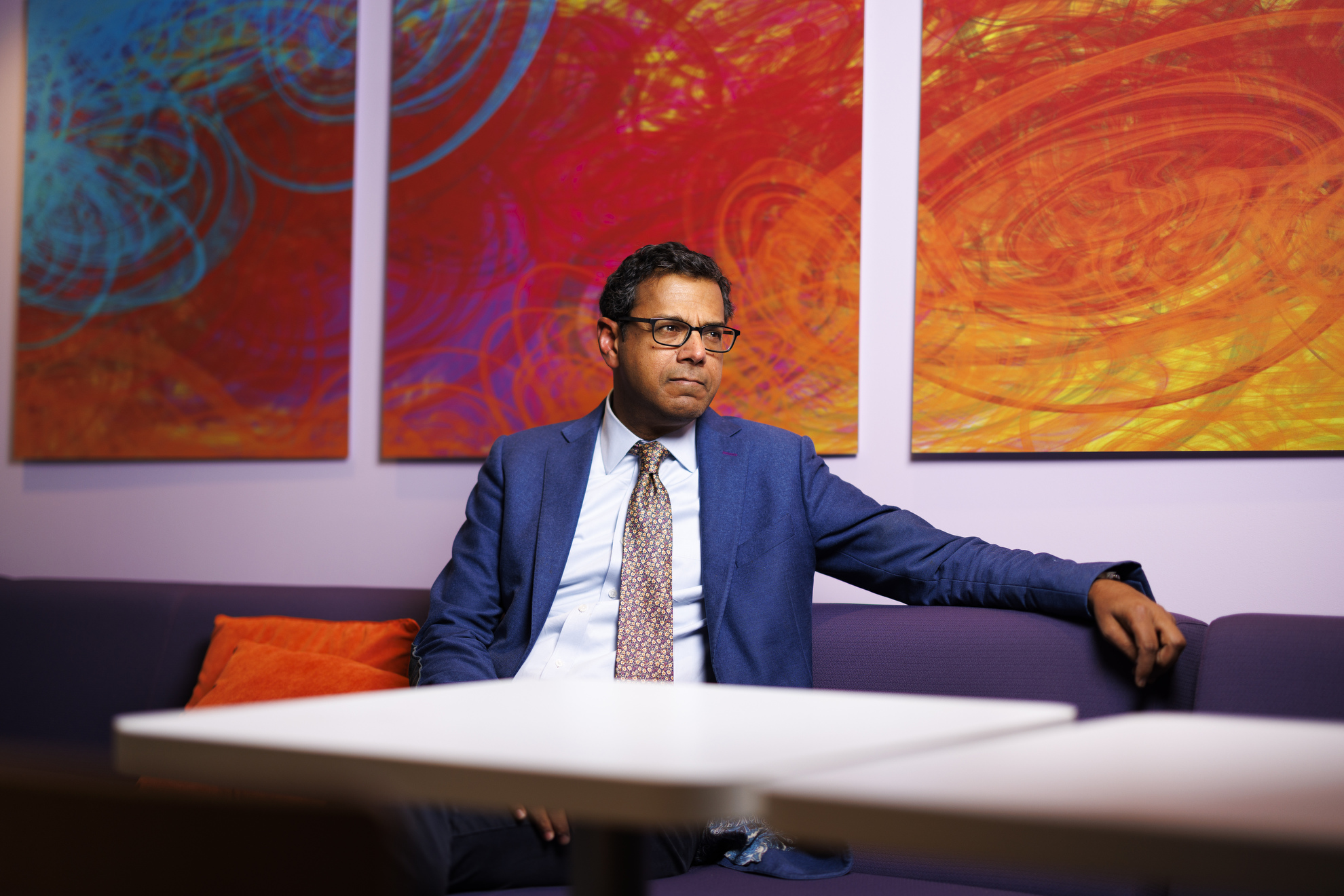
""I see the admissions are up," says Atul Gawande. He's looking at a chart on the wall at Clinic 7, a medical center that primarily serves South Sudanese refugees in Kenya. In the clinic around him, mothers do their best to soothe malnourished babies. "The World Food Program cuts started in February, so it's two months of a lack of food, and now we're starting to see the surge.""
""Rovina's Choice," a 22-minute documentary that Gawande, professor of the practice of surgery at Brigham and Women's Hospital and Harvard Medical School, produced with The New Yorker, illustrating the fallout of the Trump administration's decision to shut down USAID. In public health, "You don't let problems simply be statistical," Gawande said in an interview with the Gazette. "You identify where the problems are, you shine a light on them, and you find approaches that remedy the situation in a systemic way that turns things around.""
"For more than two decades, Gawande, who is also an acclaimed writer, has been applying that framework to surgical patients, to end-of-life care, and to global health through his work at USAID during the Biden administration and with Ariadne Labs, a center for health systems innovation that he launched in 2012. His foundational belief: Humans are the only species to have figured out how to double their own lifespan, but work remains to deliver those advances to everyone."
Atul Gawande produced the 22-minute documentary "Rovina's Choice" capturing rising clinic admissions and child malnutrition after World Food Program cuts and USAID shutdowns. He observes that public health requires identifying specific problems, illuminating them, and creating systemic remedies. He has applied this approach across surgery, end-of-life care, and global health through work at USAID and Ariadne Labs. He combines clinical experience and public health training to pursue execution-focused improvements after studies found two-thirds of serious hospital adverse outcomes stem from failures of execution rather than lack of knowledge. He emphasizes patient-first systems and extending life-saving advances to all populations.
Read at Harvard Gazette
Unable to calculate read time
Collection
[
|
...
]